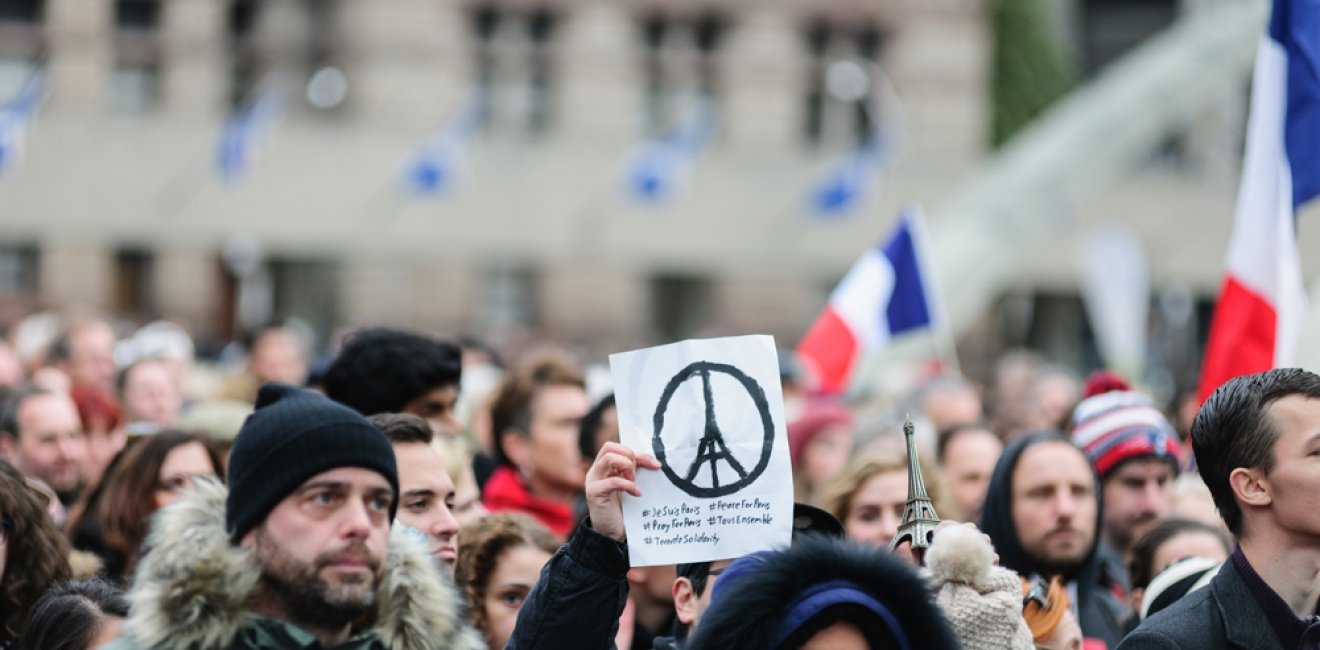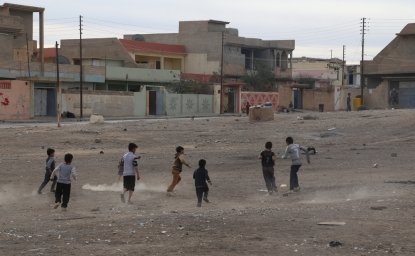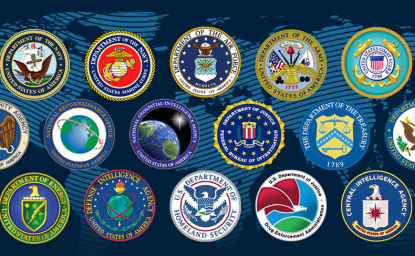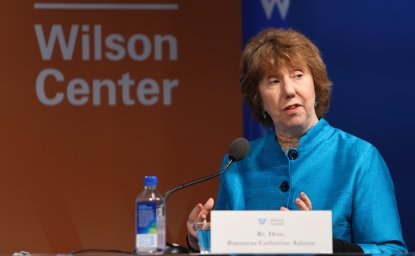Wilson Perspectives: Implications of the Paris Attacks
The recent terror attacks in Paris, Beirut, and Sinai are profound tragedies and have massive security and economic consequences around the world. With a broad focus on global issues and deep expertise in key regions, the Wilson Center is uniquely positioned to provide a wide-angle view. In this publication of original essays by Wilson Center experts representing every corner of the globe, we work to give context to breaking news. As the story continues to unfold, our analysts will update this collection with new perspectives on the key emerging issues. In trying times, we hope you find our insights useful.














